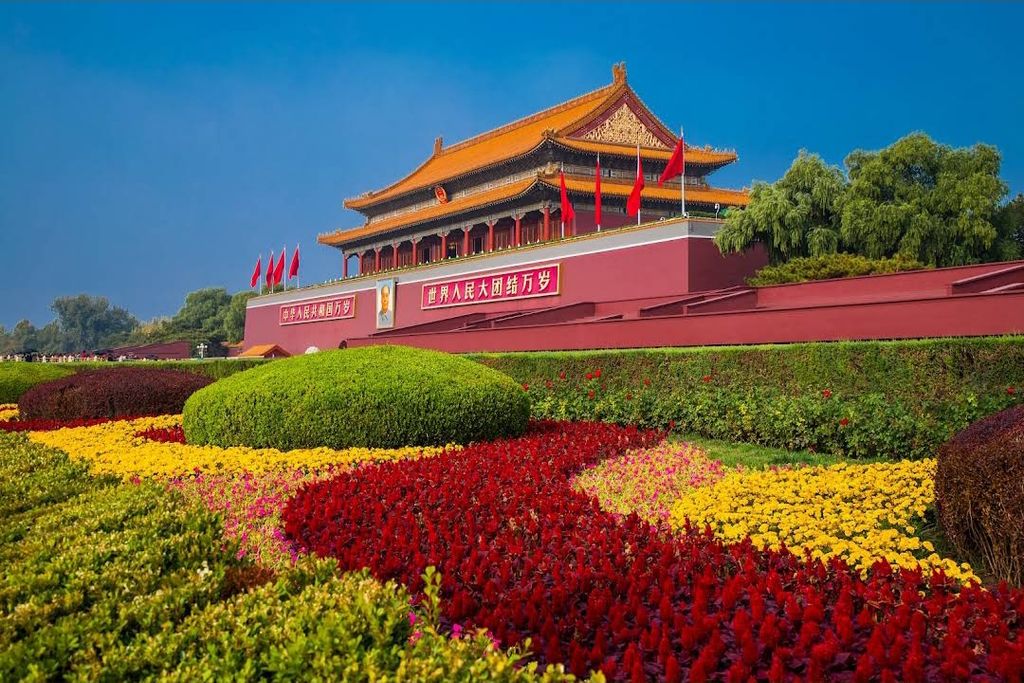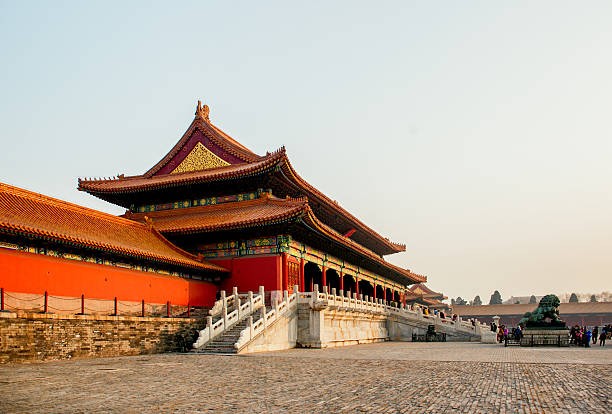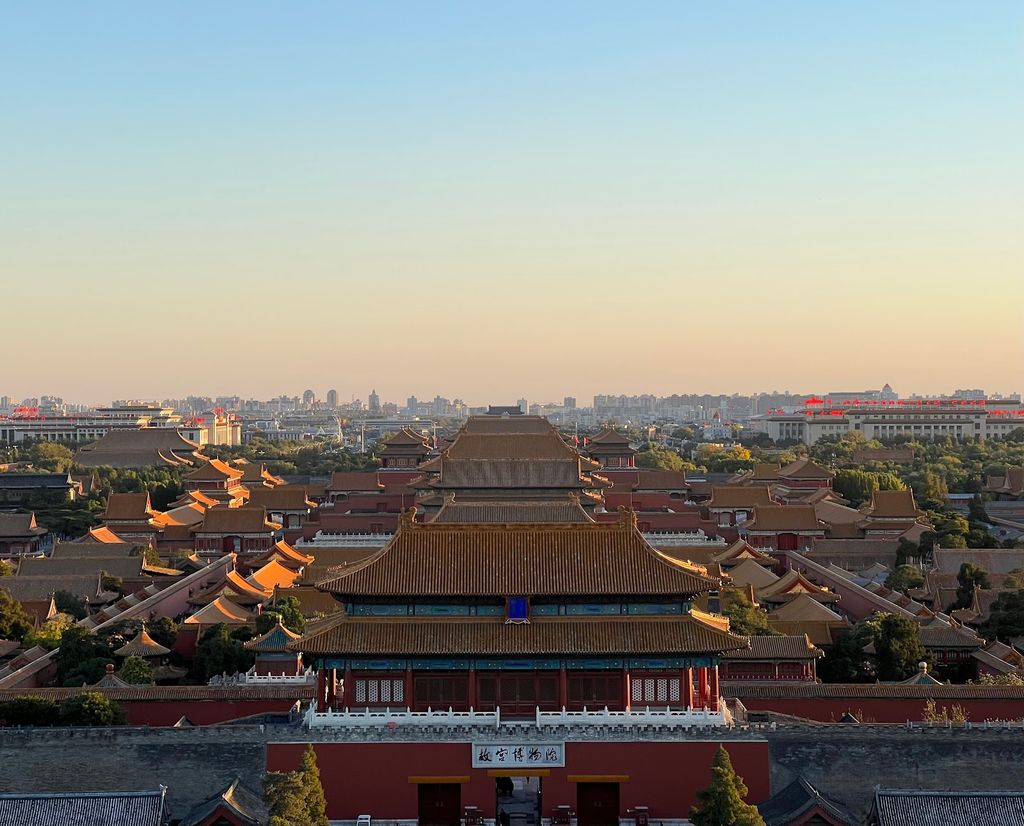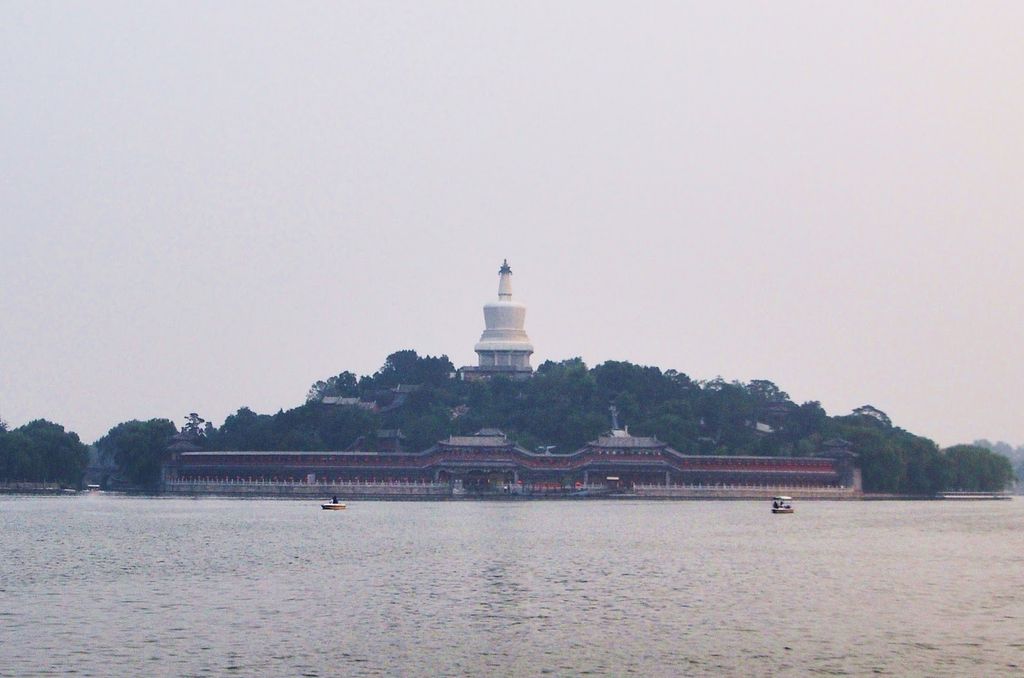Beijing's Historical Heartbeat: A 3-Hour Journey
Embark on a captivating 3 hours tour through Beijing's rich history and vibrant culture, exploring iconic landmarks and hidden gems on this unforgettable free walking tour.
Time
3 Hours
Stops
4 Places
Distance
4.3 km
Tiananmen Square
Begin your tour at Tiananmen Square, the heart of Beijing, known for its historical significance and as a symbol of modern China.

Tiananmen Square (Source: Google Maps)
Tiananmen Square is the largest public square in the world and holds immense historical significance for China. It was the site of numerous pivotal events, including the May Fourth Movement in 1919 and the 1989 pro-democracy protests. The square is flanked by important structures such as the Tiananmen Gate, which features the famous portrait of Chairman Mao Zedong. The Monument to the People's Heroes stands at the center, commemorating those who sacrificed their lives for the nation. The square is not just a political symbol but also a cultural hub, attracting millions of visitors each year who come to witness its grandeur and historical importance.
Forbidden City (Entrance)
Just a short walk from Tiananmen Square, explore the entrance to the Forbidden City, the former imperial palace of Chinese emperors.

Forbidden City (Entrance) (Source: Google Maps)
The Forbidden City, a UNESCO World Heritage Site, served as the imperial palace for 24 emperors during the Ming and Qing dynasties. Spanning over 180 acres, it is a stunning example of traditional Chinese palatial architecture, featuring intricate wooden structures, beautiful courtyards, and vibrant red walls. The entrance is adorned with ornate roofs and dragon motifs, symbolizing power and authority. The complex houses nearly 1,000 buildings and is rich in cultural artifacts, showcasing the grandeur of imperial life. Visitors are often struck by the scale and beauty of the Forbidden City, which remains one of the most significant symbols of China's historical and cultural heritage.
Jingshan Park
Head north to Jingshan Park, where you can enjoy panoramic views of the Forbidden City and the surrounding cityscape.

Jingshan Park (Source: Google Maps)
Jingshan Park is a historic imperial garden located directly north of the Forbidden City. Originally a part of the royal palace grounds, it was constructed in the 15th century during the Ming dynasty. The park is renowned for its central hill, which was formed from the earth excavated during the construction of the Forbidden City. At 45 meters high, it offers one of the best panoramic views of the Forbidden City and Beijing's skyline. The park is home to ancient pines, tranquil ponds, and numerous pavilions, making it a popular spot for both locals and tourists seeking a peaceful retreat in the heart of the city. Its historical significance and natural beauty make it a must-visit landmark.
Beihai Park
Continue your tour by walking west to Beihai Park, one of the oldest and best-preserved imperial gardens in China.

Beihai Park (Source: Google Maps)
Beihai Park is one of the oldest and most well-preserved imperial gardens in China, with a history dating back over a thousand years. Originally built during the Liao Dynasty, it was expanded and renovated by subsequent dynasties, particularly the Ming and Qing. The park features a large lake, beautiful gardens, and a stunning white dagoba that symbolizes the Buddhist faith. Visitors can explore the various pavilions, bridges, and walkways that wind through the lush landscapes. Beihai Park has served as a leisure spot for emperors and is now a popular destination for locals and tourists alike, offering a glimpse into the serene beauty of traditional Chinese garden design.

Your travels, your rules.
Create your own Free Walking Tours.
Set your preferences, distances and anything you want to do or see.
Completely free, no payment required.